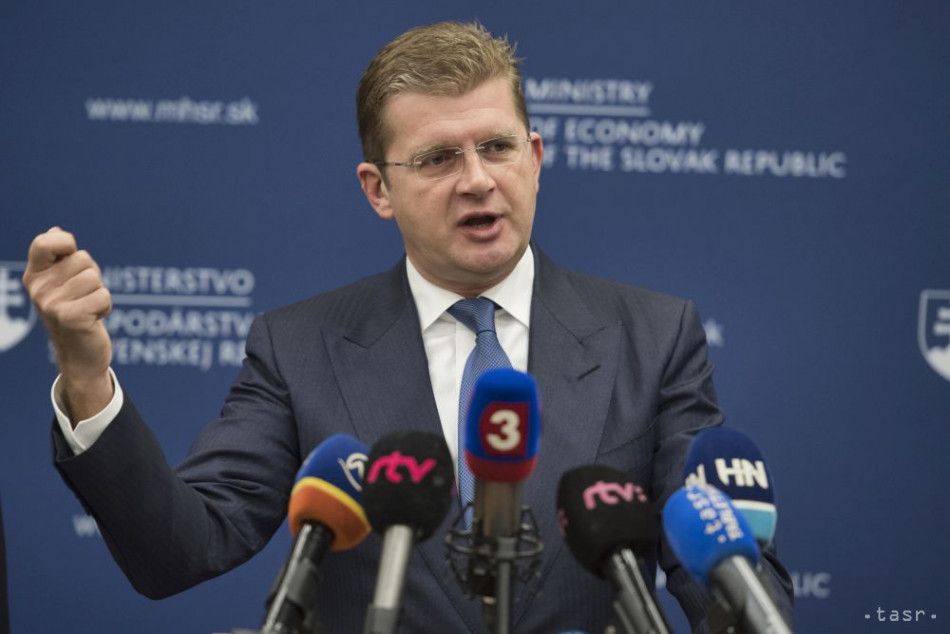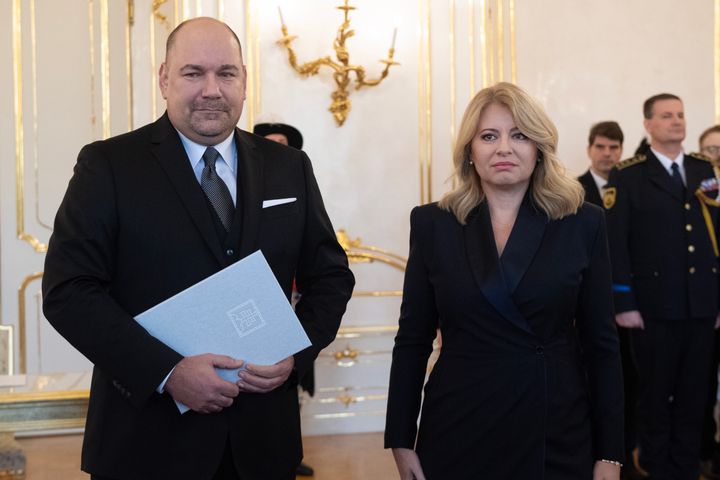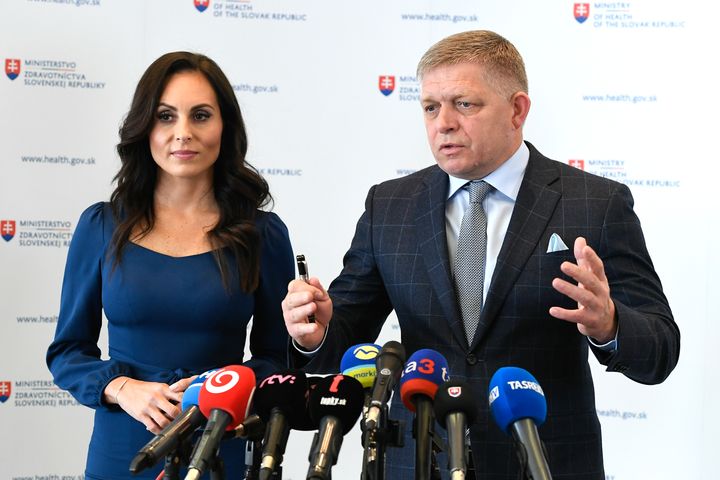Economy Minister Ziga Presents Third Anti-bureaucracy Package

Bratislava, November 26 (TASR) – Economy Minister Peter Ziga (Smer-SD) presented a third anti-bureaucracy package containing 36 measures to reduce red tape and support business and digitisation at a news conference on Monday with Economy Ministry State Secretary Rastislav Chovanec in attendance.
According to Ziga, the latest collection of 36 measures to eliminate pointless bureaucracy is focused on the electronisation of services and increasing efficiency of processes after starting up a business. Some of the measures are a result of the Economy Ministry’s findings and should significantly simplify rules for granting business licences and reduce various obligations and confirmations. These relate, for example, to the fields of hygiene and construction proceedings, with authorities gaining data directly from information systems. As many as 32 measures should be implemented by the end of next year, while the remaining ones will be introduced in 2020.
Ziga said that the measures should save entrepreneurs €72.5 million in the first year and €76 million in 2020. State administration bodies as well as entrepreneurs and analysts cooperated to prepare them. The Economy Ministry has submitted the third anti-bureaucracy package for interdepartmental review to be subsequently discussed by the Government.
Ziga pointed to the fact that the package involves united rules for institutions in Slovakia that citizens have to visit when launching a business. These include construction offices, regional public health-care offices, labour inspectorates and Slovak Trade Inspection (SOI) offices. In line with the new rules, respective authorities will prepare and publish checklists of obligations for new entrepreneurs, and all offices should gradually publish the required forms.
Ziga stressed that the number of entrepreneurs’ obligations will be significantly reduced in practice.
The first anti-bureaucratic package contained 35 measures and was approved by the Government in June 2017. The second package containing 23 measures and five tasks has been in effect since May.



